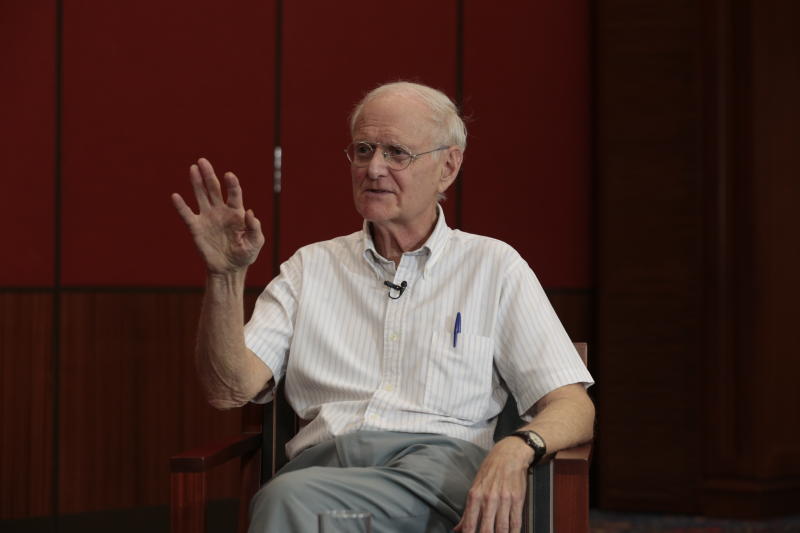×
The Standard e-Paper
Fearless, Trusted News

Former Ipsos lead researcher Tom Wolf has refuted claims that he was fired because of a poll showing the most corrupt Government officials.
In an exclusive interview with KTN’s PointBlank last night, Dr Wolf said that he still did not know why he was sacked after a 15-year stint with the pollster that had become synonymous with him.